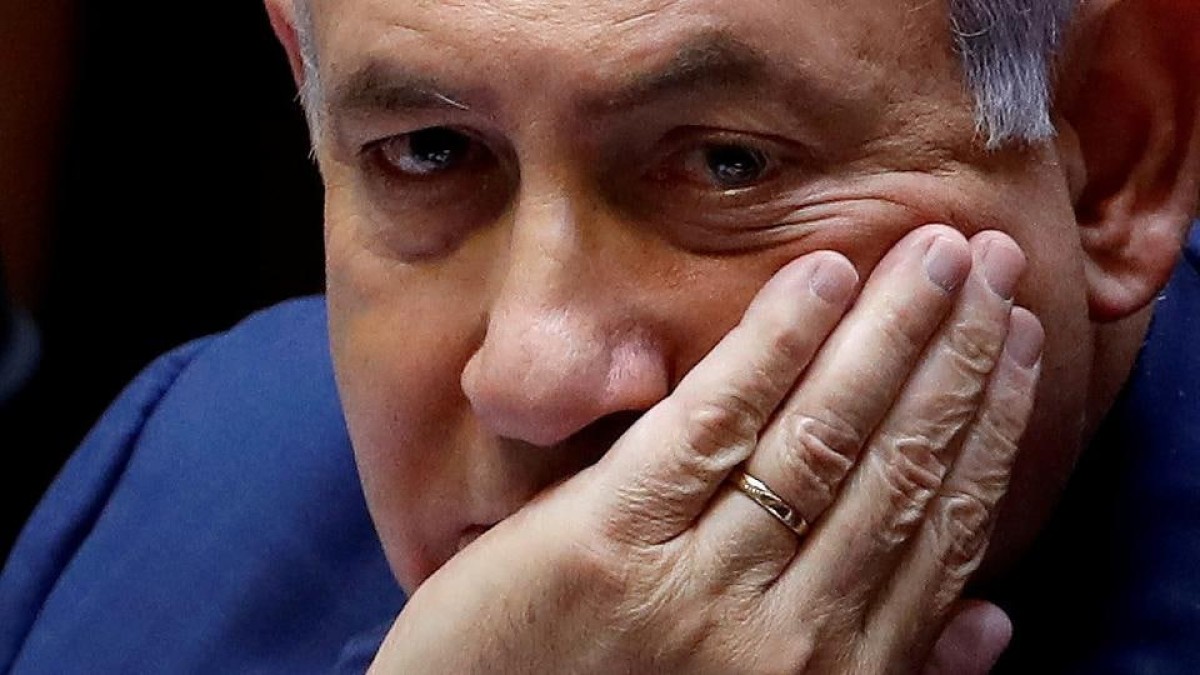 202
202
The nature of an electoral system that created minor parties that only undermined larger ones was one of the factors contributing to Israel’s perennial political paralysis since its doomed creation in 1948. In addition, Israel’s many political parties reflect the plethora of social, economic, and ideological differences in occupied Palestine.
Consequently, the voting system in Israel has contributed to the precarious social and economic strife. In many countries, a threshold is set to keep smaller local and regional parties from getting into parliament.
The higher the quota, the less likely it is that smaller parties can get into parliament. Nonetheless, this quorum is vital to motivating Israelis to engage in their profoundly fractured and polarised politics. Hence, a parliamentary census would be highly challenging due to the significant number of minor parties, culminating in the creation of fragile coalition administrations and the dissolution of the Knesset to hold snap elections.
The Zionist regime’s legislative elections to elect 120 MPs are scheduled for November 1.
This is the early seventh election in Israel in the last four years, and it is self-evident that the regime has collapsed politically and socially from within. Israel has a parliamentary system with multiple parties, none of which has received enough votes to secure a majority of seats in parliament.
This implies that the parties must join together to form a coalition and get the 61 seats required to establish a ruling coalition. Benny Gantz, the Zionist regime’s Minister of War and the leader of the “State Camp” alliance, did not rule out the possibility that the Zionist regime’s president, Isaac Herzog, would ask Yair Lapid, the current interim Prime Minister and chairman of the Yesh Atid party, to form the next government.
“We think Lapid will be unable to form a government, and if he is appointed, we will be holding the sixth, seventh, and eighth early elections,” Gantz added.
In response to the question of whether he prefers to stay in opposition rather than join a government led by “Benyamin Netanyahu,” who is the head of the Likud party, Gantz said, “I have nothing personal with Netanyahu; not because he personally insulted, harassed, and breached agreements with me.” All of this has transpired, but what has prompted me to adopt the current stance is that Netanyahu has behaved against Israel and in his own interests. He was not committed to the budget deal or the breakup of the unity government. It has eroded his political support. I do not want to be a part of this. ”
Gantz also believed cooperation with the Arab coalition of two parties, the Democratic Front for Peace and Equality (Hadash) and the Arab Movement for Change (Ta’al), was doubtful. However, he indicated his willingness to reach a deal with Mansour Abbas, the leader of the United Arab List (Ra’am).
Bibi, who has been Prime Minister longer than anyone in Israel’s history, is now facing a corruption trial and is widely deemed a divisive figure. Even some senior centre-right politicians who agree with him ideologically refuse to work with him for personal or political reasons.
This political imbroglio makes it exceedingly difficult for Bibi to establish a stable and effective majority cabinet after four elections in a row.
Last year, Netanyahu’s opponents assembled an unprecedented coalition of political groups from across the political spectrum to oust him from office.
However, this coalition barely lasted a year and a quarter until its leaders, Yair Lapid and Naftali Bennett, called for new elections.
Commentators predict that, like the other four elections since 2019, the legislative elections in this round will be very tight.
Voters are still split on whether former Prime Minister Benjamin Netanyahu, whom corruption allegations have beleaguered, is qualified to lead the Zionist regime.
In previous negotiations to establish durable coalitions, Netanyahu, as leader of the hardline Likud party, was prepared to work with moderate parties and even Arabs.
In previous discussions to establish stable coalitions, Netanyahu, as leader of the hardline Likud party, was prepared to work with moderate parties and even Arabs. This time, he claims he seeks a limited and ideologically coherent administration to prevent a sixth early election.
According to a survey conducted in the occupied Palestinian territories one week before Israel’s parliamentary elections, the competition between the camps of “Benjamin Netanyahu” and “Yair Lapid and Benny Gantz” is fierce experts believe that the political crisis in Israel will continue well after the elections.
According to this poll, Netanyahu’s bloc will get 60 seats, whereas forming a precarious government requires at least 61 MPs. The Lapid campaign, on the other hand, will gain 56 seats. Now, if Likud could convince regular supporters who did not vote in the previous elections to vote again, Netanyahu’s camp would have a chance in the final week of the election campaign to garner the required vote.
Comment
Post a comment for this article